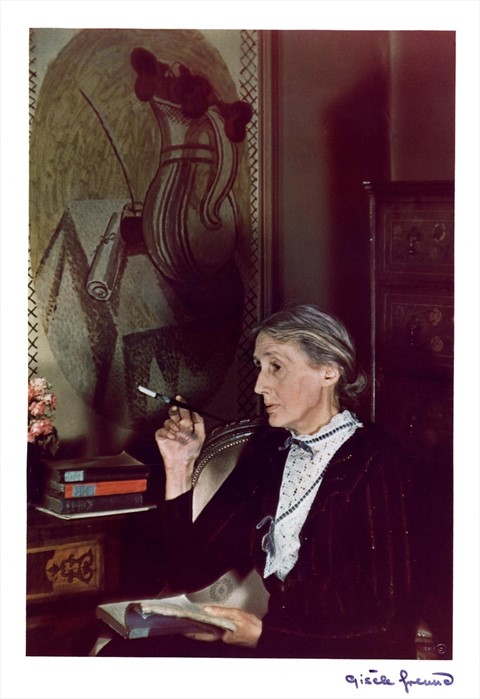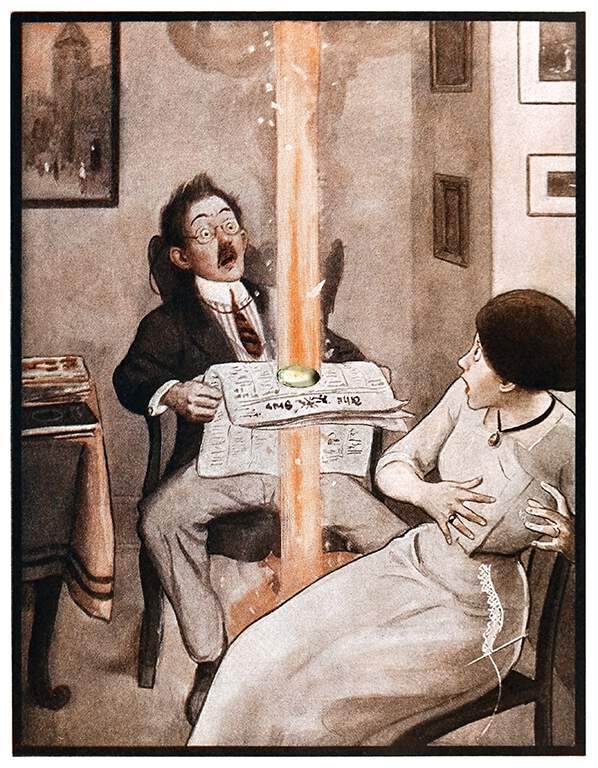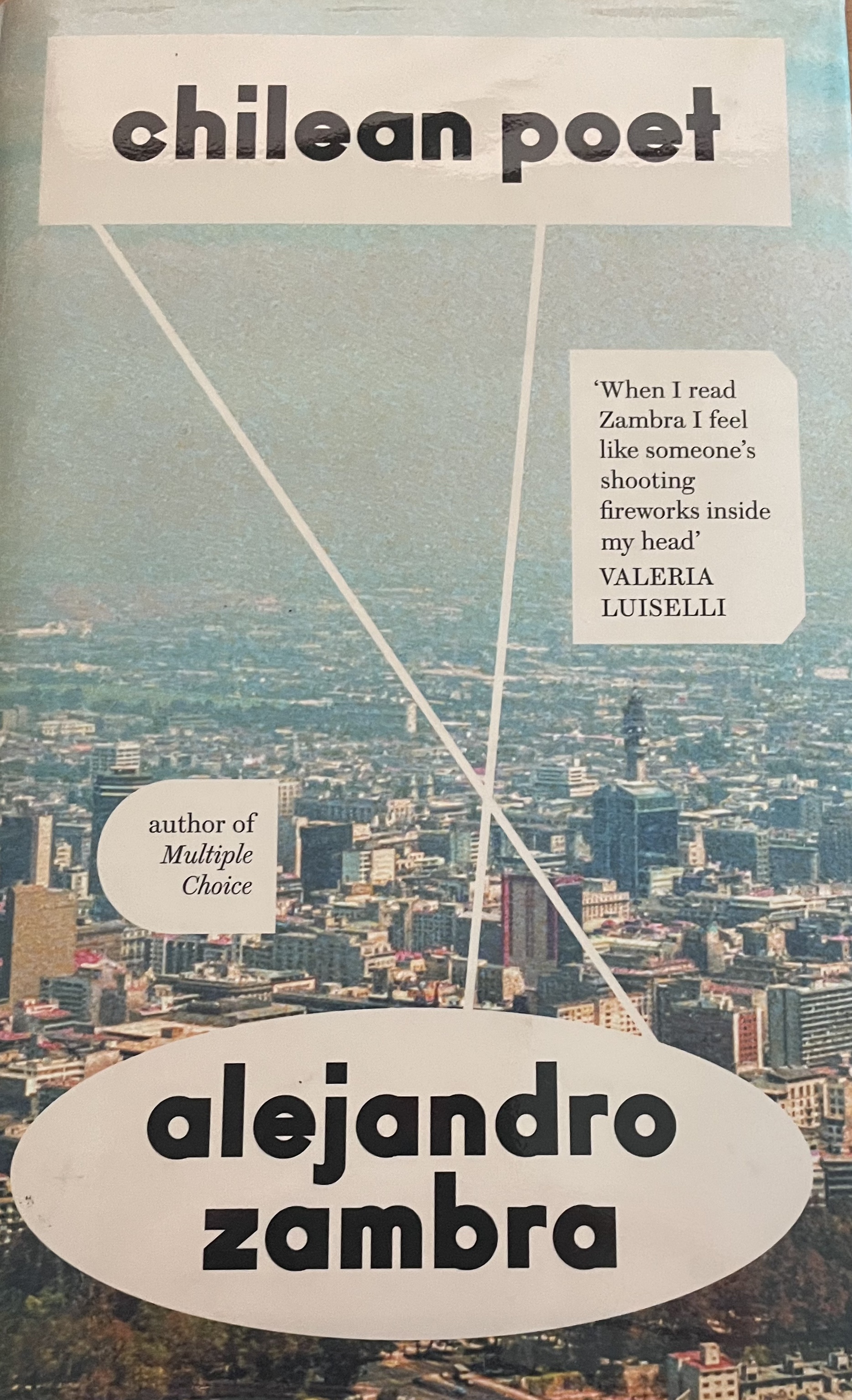Category Archives: Uncategorized
All For Nothing
Hearing Strauss’ Voices Of Spring waltz the other day I couldn’t help thinking of the magnificent passage in Walter Kempowski’s All For Nothing, in which the last residents of an arisocratic house dance in a freezing ballroom with all their possessions piled in crates around the walls as the invading Russian army moves closer. Here’s a repeat of our 2016 review of this truly great book:
You have destroyed/this lovely world
Here is the news
In the good old days:
Authorial hissy-fit
Complicated ways to kill someone
Sunday
On Sundays we go to church. The roof goes up and up, and light comes through the blue windows. There is a hush, a quiet pause in the air, gold things on the altar, a red light showing that God is there.
There seem to be three Gods, all invisible, one an old man with a beard, another younger one with dark hair parted in the middle, but I decide the one I like best is the Holy Ghost, because he is a white bird, a bit like a cocky. Clive’s mother has a cocky in a cage among the stag horns on the back veranda. With pure white feathers, a mean old eye and a yellow crest, he screeches and calls out all day.
‘Hello Cocky, hello Cocky,’ and sometimes, ‘Bugger off ‘. If the Holy Ghost is a cocky, does he say, ‘Bugger off’? Or is he like the nuns, with a smooth gliding voice with parents, and then an angry bellow to us in class?
Will I ever know?
Gert in Japan
Anna Funder : Wifedom

Anna Funder describes her latest brilliant and compulsively readable book as ‘Mrs Orwell’s Invisible Life’. We are not talking about Sonia Orwell who was married to Orwell for a brief period before he died, mainly to handle his literary estate. No, this book is about Eileen O’Shaughnessy, the first wife, who sacrificed her own literary brilliance, health, and freedom for George Orwell. She never received any acknowledgement from him, and died from a surgery for uterine cancer performed by the cheapest doctor she could find, in order to spare George Orwell the cost. Continue reading Anna Funder : Wifedom
A Room Of One’s Own

Well, I did try. I dislike Virginia Woolf as a person so intensely that I find it hard to be fair to her as a writer, but after listening to David Runciman’s podcast about A Room Of One’s Own on his excellent series Past, Present, Future, I decided to revisit it for the first time since my undergraduate days. Runciman thinks this is perhaps the best essay of the 20th century. I beg to differ.
Of course Woolf is right to say that the playing field is vastly unequal for men and women, that women have no chance of achieving the ease and acceptance of male writers if they don’t have the same educational opportunities or the same freedom to make their own way in the world.
But I don’t agree with Woolf that she could only have and express these thoughts because she had an assured income from an inheritance and a literal room of her own. This is an aristocratic view of the writer’s life that’s contradicted by many of the examples she herself gives – Jane Austen, George Eliot, Aphra Behn. In fact she does a disservice to women’s creative abilities by assuming that they need to be free of everyday burdens in order to write. Very few men are in that situation, either; they often have to scramble to make a living and find time to write.
This aristocratic view of the writing life is a severe limitation on Woolf’s own capacity for imagination. Here’s what she said (not in this essay) about Ulysses:
An illiterate, underbred book, it seems to me; the book of a self-taught working man, and we all know how distressing they are, how egotistic, insistent, raw, striking, and ultimately nauseating.
She may have had the education, the income, the accepted place in the literary world that she argues women writers must have, but it didn’t broaden her mind or free up her imagination. In that she isn’t any different from the male writers she criticises. A Room With A View was timely and important, but we’ve outgrown it.












